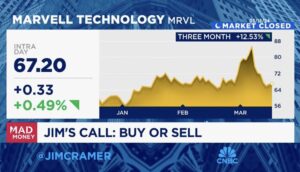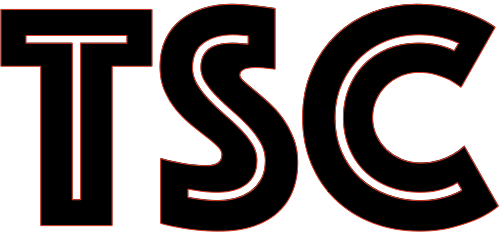
When you make purchases through our links we may earn a small commission.

Photo Credit: Artem Labunsky
Why UBI is a Better Solution to Income Inequality than Minimum Wage
The issue of income inequality has been a significant concern for a long time. One approach that has been proposed to address this issue is the minimum wage. While the idea of a minimum wage seems like a reasonable solution to ensure that employees earn a living wage, it is not without its flaws. The burden of ensuring that employees earn a living wage falls primarily on small businesses, which can be a challenge for them. Universal Basic Income (UBI), on the other hand, is a better alternative that addresses the issue of income inequality more effectively by placing the burden on society as a whole.
Minimum wage has good intentions, but it isn’t the best solution for several reasons. Firstly, the burden of ensuring that employees earn a living wage falls primarily on small businesses. Small businesses are the backbone of our economy, and they already have many challenges to deal with. They are struggling to keep up with the competition, paying rent, paying taxes, paying their employees, and keeping their business afloat. A minimum wage hike would place an additional burden on small businesses, making it harder for them to remain competitive and stay in business. This would not only affect the small business owners but also their employees, who may lose their jobs if the business is unable to sustain the additional cost.
Secondly, minimum wage doesn’t guarantee a living wage. The minimum wage may be set at a particular rate, but it may not be enough to cover the basic needs of employees. The cost of living varies from region to region, and the minimum wage may not be enough to cover the cost of living in some areas. This means that some employees may still struggle to make ends meet even after receiving the minimum wage. Additionally, the minimum wage doesn’t take into account the skills and experience of employees, and it may not be a fair compensation for their work.
Lastly, the minimum wage doesn’t provide employees with the leverage to negotiate fair compensation with their employers. Employees may not have the bargaining power to negotiate a fair wage with their employers, particularly in situations where the job market is competitive. This means that employees may be forced to accept a wage that is lower than what they are worth, simply because they don’t have any other options.
Universal Basic Income (UBI) is a better alternative to minimum wage. UBI is a system where every citizen is provided with a fixed amount of money every month, regardless of their employment status. This provides citizens with the financial stability they need to meet their basic needs, such as food, shelter, and healthcare. UBI is a more effective way of addressing income inequality because it places the burden on society as a whole, rather than on small businesses.
UBI provides employees with the leverage to negotiate fair compensation with their employers. If employees have a basic income, they can negotiate with their employers for a fair wage without the fear of losing their job or not being able to make ends meet. This means that employees are more likely to receive a fair wage that reflects their skills and experience.
Additionally, UBI provides employees with something that minimum wage never can – time. UBI gives citizens the financial stability they need to pursue education or training, start a business, or take care of their family. This means that citizens are not forced to take a low-paying job simply because they need to pay their bills. UBI empowers citizens to make choices that are in their best interest, rather than choices that are driven by financial necessity.
Furthermore, UBI can be more effective in addressing income inequality than minimum wage because it is not limited to a particular region or industry. UBI is universal, which means that every citizen is eligible for it regardless of their employment status, education level, or location. This means that
UBI can help to address income inequality on a broader scale, rather than just in specific regions or industries. This can help to reduce the wealth gap between different regions and industries, and promote a more equitable society.
Moreover, UBI can also help to reduce poverty and stimulate economic growth. When citizens have more money to spend, they are more likely to invest in their communities and support local businesses. This can create a ripple effect that can help to stimulate economic growth and create job opportunities.
In conclusion, while the minimum wage has good intentions, it is not the best solution to address income inequality. Placing the burden on small businesses to ensure that employees earn a living wage can be challenging for them and may lead to job losses. Universal Basic Income (UBI) is a better alternative that addresses the issue of income inequality more effectively by placing the burden on society as a whole. UBI provides employees with the leverage to negotiate fair compensation with their employers, gives employees something minimum wage never can – time, and can help to reduce poverty and stimulate economic growth. As such, it is worth considering UBI as a viable solution to address income inequality and promote a more equitable society.













